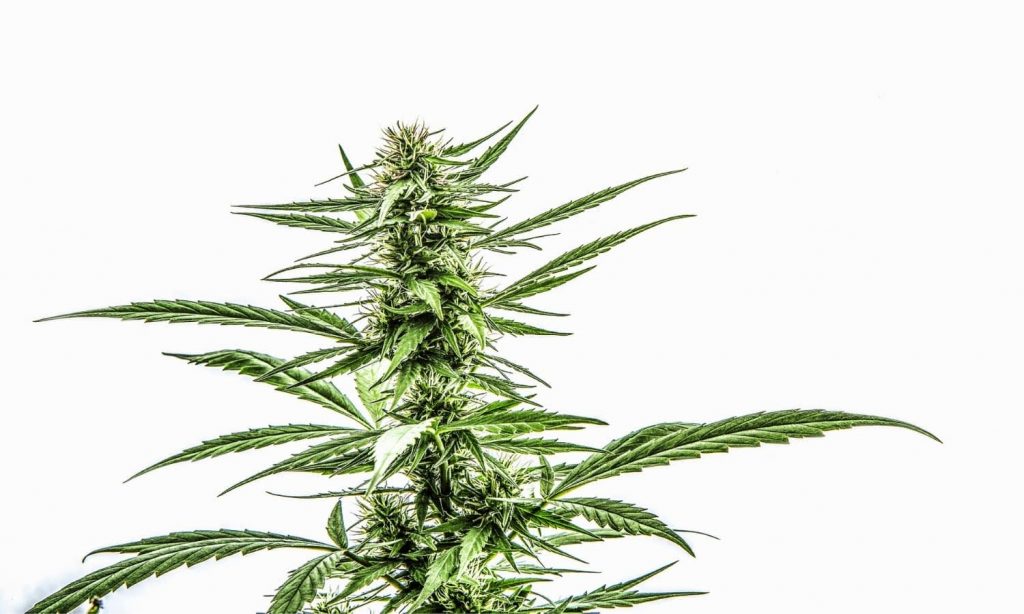Often prescribed to treat short-term or end-of-life pain relief, opioids are “morphine-type drugs” that are commonly misused and can lead to death in some instances. In fact, according to Science Daily, in 2018 alone, there were more than 46,000 fentanyl-related (a synthetic opioid) deaths in the United States.
Previous studies have suggested that increased access to cannabis stores that are legally authorised to sell medical and recreational cannabis, could help reduce deaths from opioid use. In order to explore this further, researchers looked at the relationship between recreational cannabis stores and opioid-related deaths from 2014 to 2018.
Researchers used data from 812 counties within the 23 states in the US that allow legal cannabis stores — also known as dispensaries — to operate by the end of 2017. After taking into consideration population characteristics and other factors, researchers found that counties with a higher number of cannabis dispensaries were associated with reduced opioid-related deaths.
In fact, research suggests that an increase from one cannabis store to two in a county was associated with an estimated 17% reduction in all opioid-related mortality rates. This evidence appeared particularly strong for deaths associated with synthetic opioids (like fentanyl) rather than methadone, with an estimated 21% reduction in deaths.
Increasing from two cannabis dispensaries to three in one county was associated with a further 8.5% reduction in opioid-related deaths. While these results are promising, they are also observational, and researchers aren’t able to establish cause just yet. And, researchers stress that “while cannabis is generally thought to be less addictive than opioids, it still carries potential harms and public safety risks should not be ignored,” said Science Daily.
While the safety risks associated with cannabis do need to be noted, the evidence does suggest a relationship between access to cannabis and reduced deaths related to opioid overdoses. In light of these findings, the researchers are calling for “a greater understanding of the impact of cannabis legalisation on opioid misuse and public health outcomes before policymakers can weigh the potential benefits against the harms of promoting cannabis legalisation”.
Further research is needed in this area in order to draw solid conclusions as these are “premature without evidence of causality,” say the researchers. Further studies on this data “would inform a more nuanced understanding of the substitution between opioids and cannabis,” they said.
Read more stories from The Latch and follow us on Facebook.

